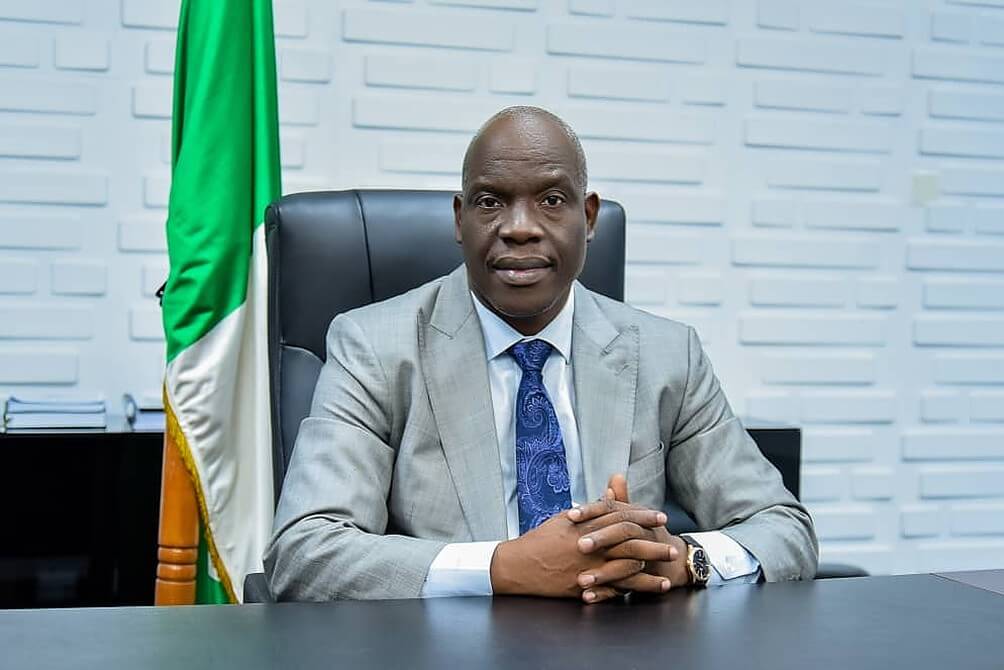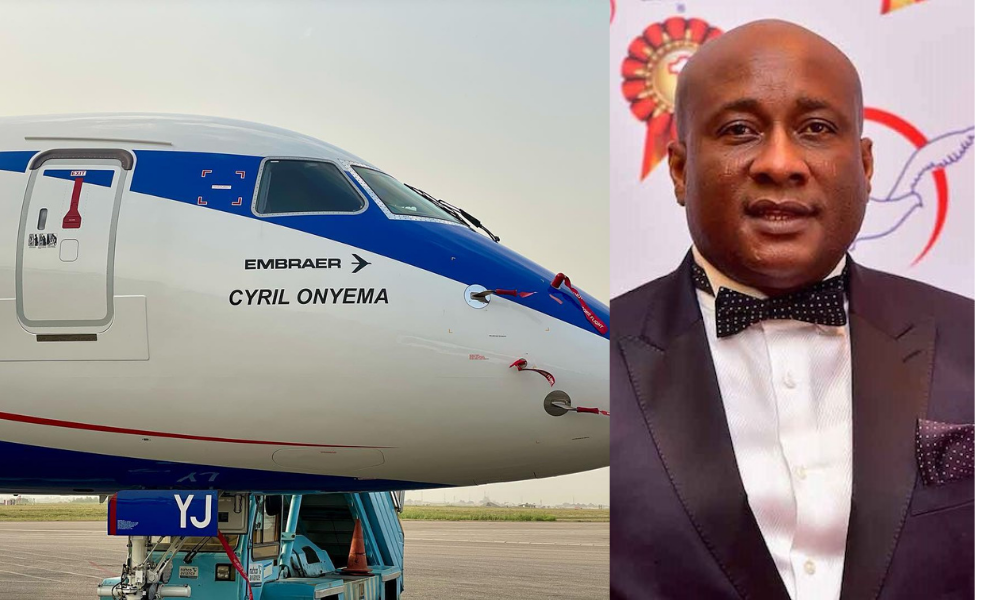Ifeanyi Onuba
Since the commencement of the Petroleum Industry Act in 2021, the Nigerian oil and gas industry has undergone significant transformation. The PIA passed by the National Assembly was signed into law by former President Muhammadu Buhari. It is one of the most audacious attempts to overhaul the petroleum sector in Nigeria.
The Act provides a legal, governance, regulatory and fiscal framework for the Nigerian Petroleum Industry. Despite being a major source of revenue, the oil sector before the passage of the law had lagged behind other sectors in terms of Gross Domestic Product contribution. It is on this basis that the PIA was formulated to help facilitate Nigeria’s economic development by attracting and creating investment opportunities for local and international investors.
The PIA also created specific institutions to drive the operations of Nigeria’s petroleum sector. One of the regulatory institutions created by the PIA is the Nigerian Upstream Petroleum Regulatory Commission (NUPRC).
Since the commencement of the Act, the NUPRC under the leadership of the Chief Executive, Engr Gbenga Komolafe, has taken up the statutory responsibility of ensuring compliance with petroleum laws, regulations and guidelines in the upstream oil and gas sector. The discharge of these responsibilities involves monitoring operations at drilling sites, producing wells, production platforms and flow stations, crude oil export terminals, and all pipelines carrying crude oil, and natural gas, among others.
The new dynamics in the global energy arena necessitated that Nigeria, a country that has long depended on the exploitation of oil and gas as the mainstay of its economy, re-examine its strategy to secure a blossoming energy future while meeting the global climate goals.
This is why the legal, governance, fiscal and regulatory frameworks provided in the Petroleum Industry Act, 2021 (PIA), amongst several objectives, are aimed at promoting transparency, efficiency, and innovation for the sustainable development of Nigeria’s hydrocarbon resources as well as meet the global environmental sustainability goals.
As a country, Nigeria boasts 36.966 billion barrels of oil which ranks her second in Africa, 8th in OPEC and 11th in the World. Nigeria is also richly endowed with 208.83 trillion cubic feet of natural gas reserves with an upside potential estimated at 600 TCF. Aside from the hydrocarbon potentials, Nigeria is blessed with potentials for green and blue hydrogen, solar, wind, biomass and other sources of renewable energy to leverage for the right energy mix in the energy transition regime, as well as critical minerals such as lithium, manganese, copper, graphite and nickel for development of clean energy technologies.
Indeed, Nigeria’s potentials are derived from its human, natural and material resources which must be mobilized to propel her on a path of economic growth and development and for her sustainable energy future. Unfortunately, in the years preceding the enactment of the PIA (2021), investments in the Nigerian oil and gas industry declined mostly due to regulatory uncertainty, de-funding of fossil fuel development occasioned by energy transition and the global call for decarbonization.
However, the Commission under the leadership of Komolafe is charting a new course in the upstream petroleum sector through its 10-year Strategic Plan (2023-2033) unveiled in May 2023. This is being implemented through the forward-thinking technically and commercially viable priority regulations developed so far to support energy security and drive emissions reductions pursuant to the PIA.
As the government navigates through the complexities of the global energy transition, the future that the NUPRC foresees for the Nigerian petroleum industry is one that should promote the utilization of the country’s hydrocarbon resources for shared prosperity, energy accessibility, affordability, sustainability, security as well as energy independence and energy sovereignty.
These are the underlying goals upon which the federal government declared natural gas its immediate transition fuel and designed the ‘Decade of Gas’ programme. At the heart of this programme is the vision to ensure that gas plays a role in lifting Nigeria from the challenges that confront the country to drive sustainable development.
A recent study has revealed that growth in gas demand outstrips supply. Between 2020 and 2030, demand is expected to grow exponentially at a compound annual growth rate of 16.6 per cent per annum. This is why the NUPRC is proactively pivoting the industry to close the supply gap as natural gas production is projected to increase from 8 billion cubic feet per day in 2020 to 12.2 bcfd in 2030 driven by major projects such as NLNG Train 7 & Train 8, Nigeria/Morocco pipeline, Ajaokuta-Kaduna-Kano (AKK) Natural Gas Pipeline Project, and so many other gas projects.
The import of this is to showcase the huge opportunities in the gas business for both the existing investors and new entrants in the Nigerian upstream gas sector. Further investment opportunities have been created through the intensified efforts of the NUPRC towards eliminating flared gas, methane abatement and reduction of fugitive gas emissions.
As part of the efforts to deepen our gas market and ensure decarbonization of upstream operations, the Commission recently awarded 49 flare sites to successful bidders for flare gas commercialization through the Nigerian Gas Flare Commercialization Program (NGFCP).
Through this initiative, more gas is being made available for domestic utilization as Liquefied Petroleum Gas (LPG), feedstock for power generation plants, fertilizer plants, petrochemicals and export.
Further investment opportunities are also available in the licencing rounds by the NUPRC, which would be conducted more frequently in line with the provisions of the PIA and the relevant Regulations.
In addition, there are also huge opportunities in Seismic acquisition on a multiclient basis, and development of deeper hydrocarbon opportunities as there are also business prospects in the carbon-pricing system currently being stewarded by the Commission. Each of these areas provides a unique entry point for willing investors.
In the area of the implementation of the Host Communities Development Trust (HCDT) which is a provision of the PIA, the NUPRC, under the leadership of Komolafe, has restored confidence and created social inclusion for the host communities by the operators.
It is in this regard, that the Commission, in carrying out its oversight roles, has registered a total of 103 HCDTs, and has deployed an intelligent digital, platform for reporting, monitoring and ensuring transparent administration of the HCDTs for sustainable operations in the Nigerian communities.
Also, the Commission has worked assiduously to reposition the upstream oil and gas industry in Nigeria through a Strategic Plan that aligns with the mandate of the PIA. The NUPRC is also not resting on its oars as it had, in furtherance of the strategic plan, undertaken regulatory activities, and implemented strategic initiatives articulated in the NUPRC Regulatory Action Plan (RAP) for 2024 and the Near Term. The RAP is centred around ensuring regulatory certainty and predictability, vacating entry barriers, promoting global competitiveness, deepening transparency and accountability, value creation and monitoring, hosting community and environmental sustainability, and accelerating field developments.
The commission is also fostering a resilient and sustainable upstream oil and gas industry in Nigeria through effective collaborations with industry stakeholders while focusing on 24 cardinal areas of the RAP benchmarked against international best practices.
Despite the challenges posed by the climate calls, the NUPRC has been leveraging sustainability mandates in the Petroleum Industry Act (2021) as well as its generous fiscal incentives which include: zero hydrocarbon tax for deep water developments, reduced royalty rates based on production and terrains, and tax consolidation provisions amongst others.
With the global momentum toward renewable energy sources and the call for the phase-out of fossil fuel gaining traction, the NUPRC has been deploying best practices and technology to ensure strategic and responsible utilization of the vast natural resources for the benefit of all Nigerians and the global community.
Onuba, a Chartered Accountant wrote in from Abuja
NUPRC: Fostering A Resilient, Sustainable Upstream Oil & Gas Industry Through Sound Regulation is first published on The Whistler Newspaper
Source








